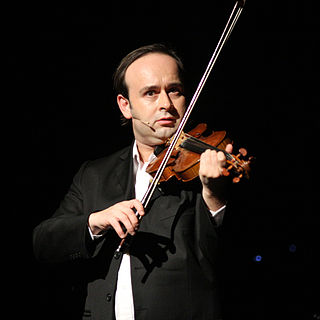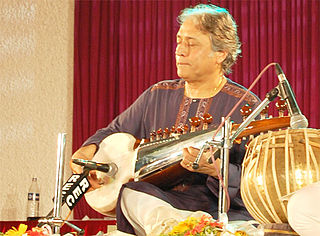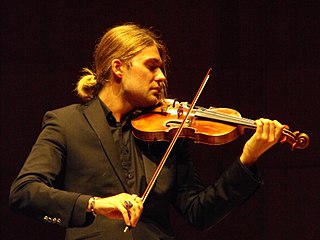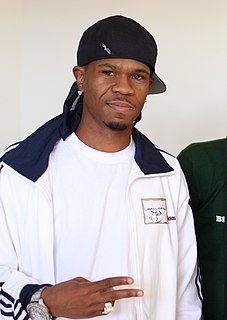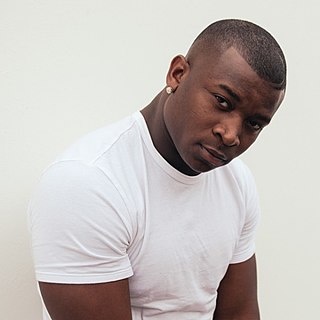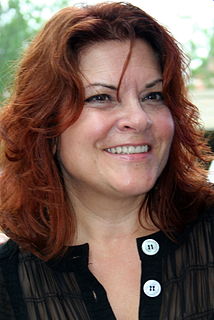A Quote by Alec Baldwin
I turned popular music on the radio, and I never listened to it again after that, in about 1985. That's when I switched over to classical music, and I pretty much stayed with that since then.
Related Quotes
I've always been a lover of classical music ever since I was an early teenager I suppose. I remember the very first piece of classical music that grabbed me was I bought an LP of Daniel Barenboim performing Mozart's piano concertos and I would have been about 14 or 15 at the time and I remember I played it over and over again.
Oh, stuff the critics. I don't care. Too many people are snooty about classical. Look, I wasn't brought up in a home where we listened to classical music. It was a singing teacher that thought it would be best for my voice. Then I moved into crossover. And if that makes the music accessible to more people, then great.
A lot of my colleagues just don't really realize that they have to work in order to get the interest of an audience, especially with young kids, especially because it [classical music] is not that popular. You don't see it on TV, you don't hear it on radio, so you really gotta put an effort into promoting classical music.
I only knew classical music, which to me was the only true music. The only way I could survive at the bar was to mix the classical music with popular songs, and that meant I had to sing. What happened was that I discovered I had a voice plus the talent to mix classical music together with more popular songs, which at the time I detested.
I've been extremely lucky to work with Elmer Bernstein, Howard Shore over the years, but I've always imagined films with my own scores, because I don't come from that world or that period of filmmaking. And so how could I make up my own score on a film like this where it isn't necessarily made up of popular music from the radio or the period; it isn't necessarily classical music. But what if it's modern symphonic music?
I couldn't listen to music with lyrics for the first few months after the brain surgery, because they were too complex and disturbing. So I listened to a lot of classical music. I didn't really want to read, either, so I listened to books on tape or watched movies. I also re-taught myself all of my childhood piano pieces. It helped me repair my brain.
Early on, before rock 'n' roll, I listened to big band music - anything that came over the radio - and music played by bands in hotels that our parents could dance to. We had a big radio that looked like a jukebox, with a record player on the top. The radio/record player played 78rpm records. When we moved to that house, there was a record on there, with a red label. It was Bill Monroe, or maybe it was the Stanley Brothers. I'd never heard anything like that before. Ever. And it moved me away from all the conventional music that I was hearing.

